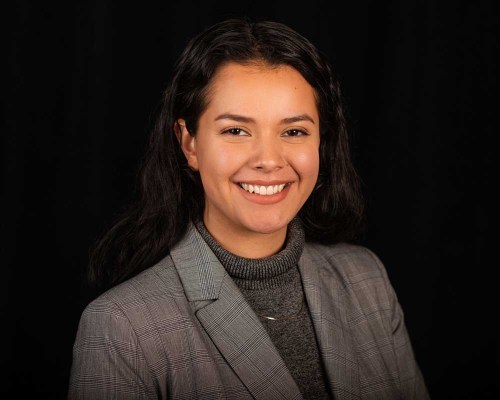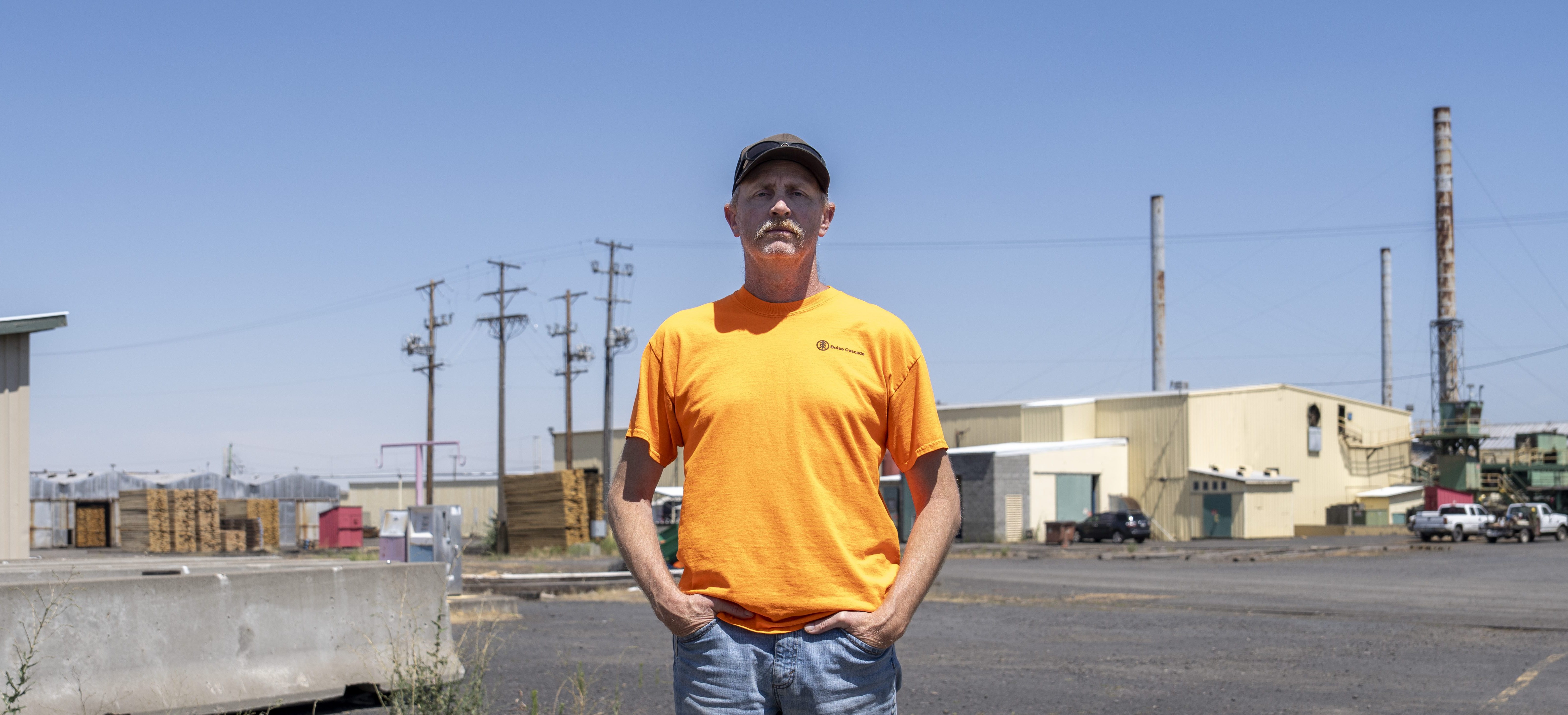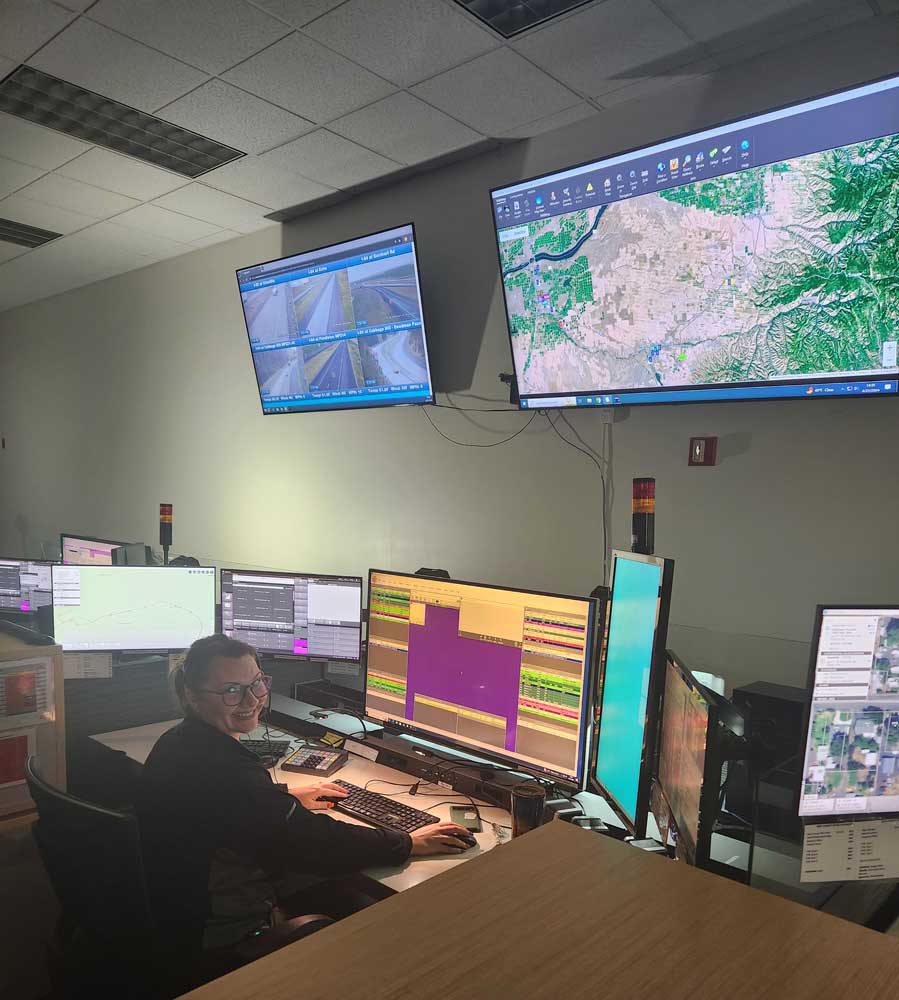Other views | Our Latinx community is bigger than Mr. Lopez
Published 6:00 am Saturday, July 11, 2020

- Leon-Guerrero
This is a direct response to the article that was published by the East Oregonian on July 6, 2020, concerning county commissioner candidate Jonathan Lopez.
Lopez recently confessed to fabricating a letter filled with racist, violent, misogynistic and anti-immigrant language. We know now that the letter was written by Lopez himself, and we as members of the Latinx community are as appalled as the rest of the Hermiston community. We want to make it clear that a lot of our local and hometown voices have never stood with Lopez’s politics and stances on issues within our community. In fact, a number of organizers and leaders began asking questions about Lopez’s credibility and intentions as red flags began to arise during his candidacy. The trust he was attempting to build was questionable from the beginning, and the news about this letter confirms what some of us believed to be true: Lopez was never fit to represent the Latinx community. We demand that Lopez take responsibility for his actions, issue an apology, and step down from seeking any future position of leadership.
Trending
As our nation starts to more fully tune into ongoing conversations on racial equity — sparked by the Black Lives Matter movement — we begin to examine all the layers to inequities that exist within communities of color. We are in a historic position where we have the opportunity to own our history, begin to address its many issues, and move us all forward together.
Zooming into our region, there is a lot to learn about the history of our own county. Umatilla County has historically labeled minorities as hard-working people and praised only the manual (and oftentimes inhumane) labor we produce. Indigenous communities have existed in this area since time immemorial, inhabiting the region and tending to the land well before our cities were ever established. From the underground railroads the Chinese community once mined in Pendleton’s Red Light District over 100 years ago, to the present-day labor practices of the agriculture industry: Black, indigenous, and communities of color have always been here.
Today, our state and county’s immigrant and refugee populations are from diverse Latin American countries — not just Mexico — and include Guatemala, El Salvador, Honduras and more. These populations are working hard to make a living and a home, and work in a variety of occupations. Specific to the agricultural economy in our region, a large part of communities work on our farms in Eastern Oregon, and subsequently provide the food on our tables.
We are not separate but very much integrated and represented in our region. We also have the added struggle of maintaining important cultural practices while living in a new environment. As cultural understandings evolve, we can dive in deeper and see that within our Latinx community we have even more layers of complex intersectional identities — just like any other community. We are religious and nonreligious; we are queer and straight, men, women, nonbinary, and gender non-conforming individuals; we are low-income communities; and, we are communities amounting our own wealth, first-generation college students, undocumented students, college graduates, educators, social workers, artists, and this list goes on and will continue to.
Our community can never be defined by one individual alone, like Lopez. His actions do not reflect our values, and we urge him to self-reflect and hold himself accountable if he truly seeks to grow from his self-initiated experience. This is an opportunity for us to turn to the people and organizations doing the years of dedicated work, and empower our Latinx youth to continue this work that helps create a sense of belonging.
Through authentic community engagement and empathy, we are all involved in the process of envisioning a future that inspires continued collaboration, community, and economic development for all. While change over the years has been constant, we have remained unwavering in our dedication to create a community that reflects our strong family ties and evolving, inclusive values. Our region is on the cusp of change, with an emerging intersectional Latinx community that embodies rich, cultural values that strengthen the fabric of a healthy community, and enriches our society as a whole.
Trending
Do you have a point you’d like to make or an issue you feel strongly about? Submit a letter to the editor or a guest column.









